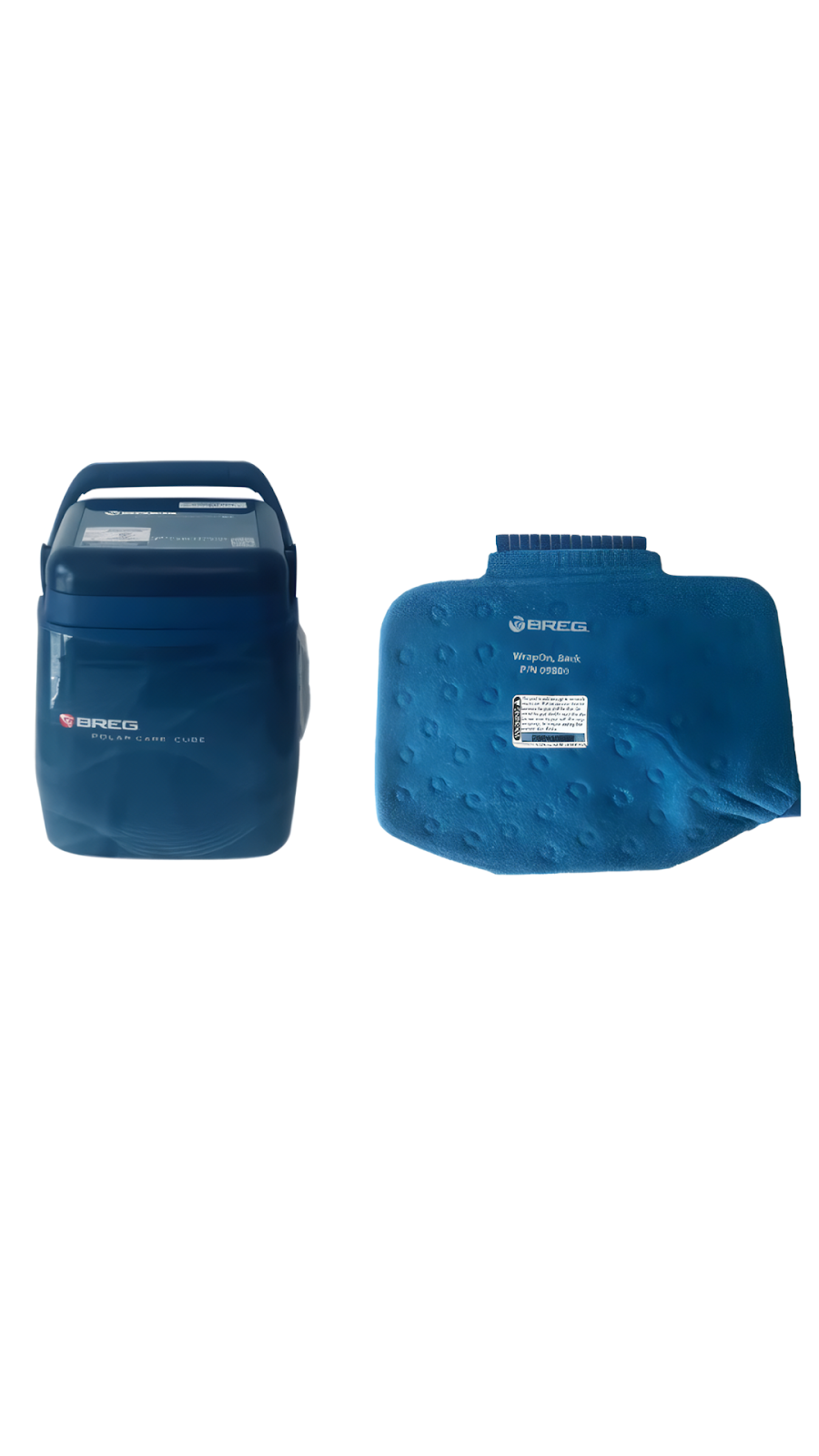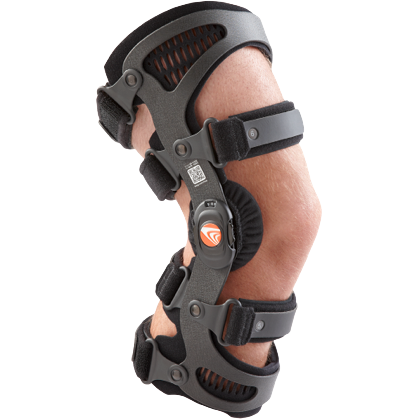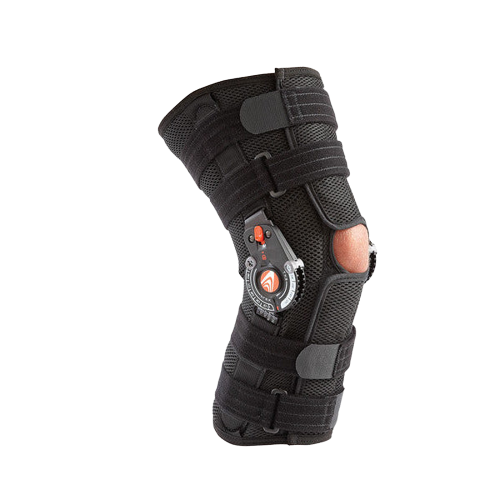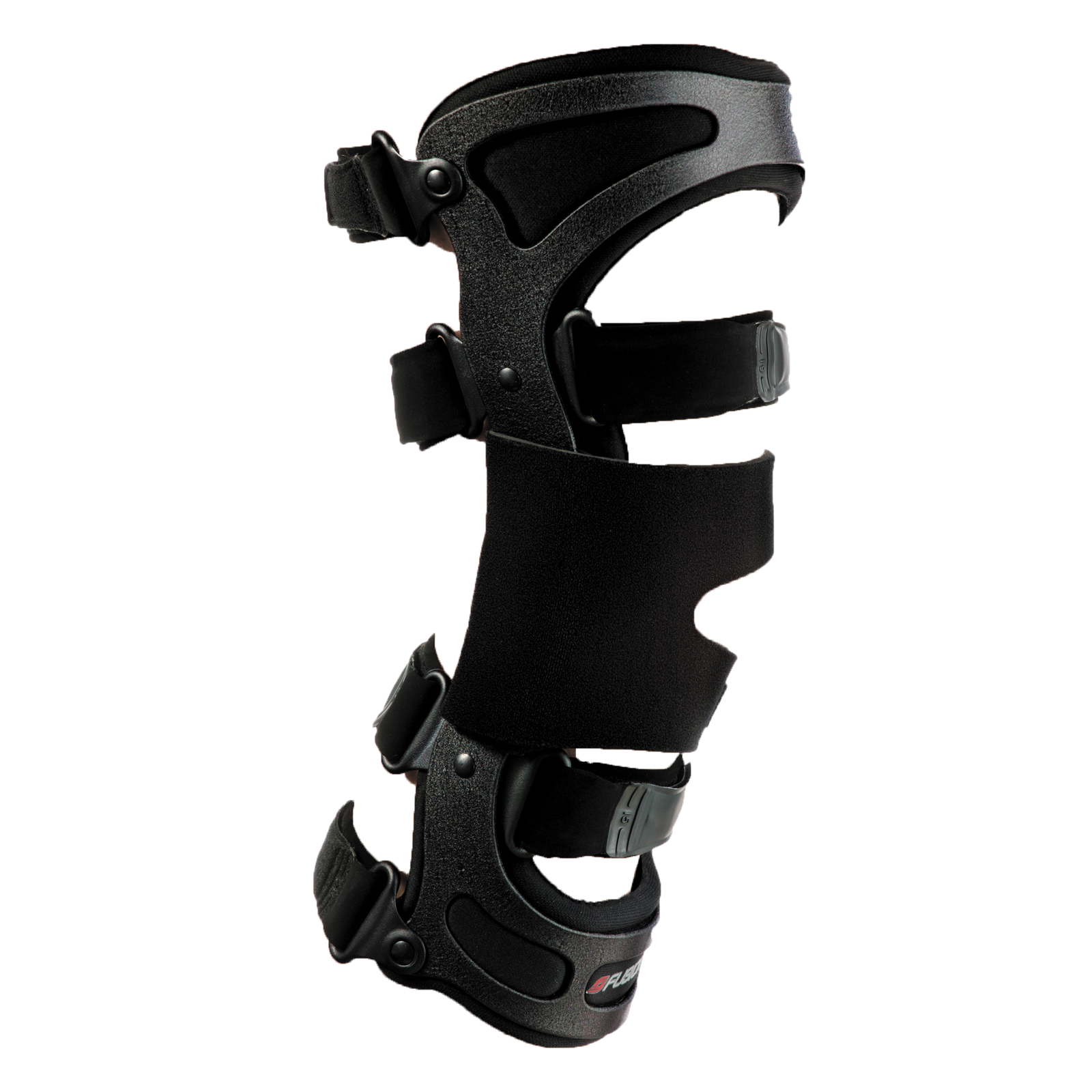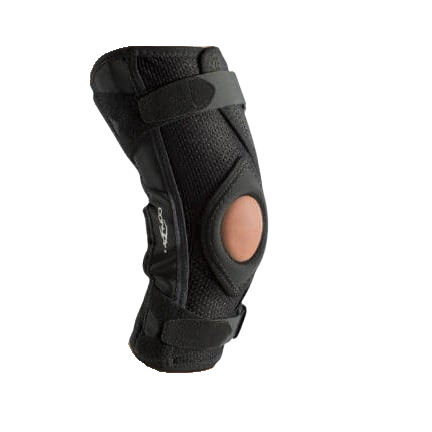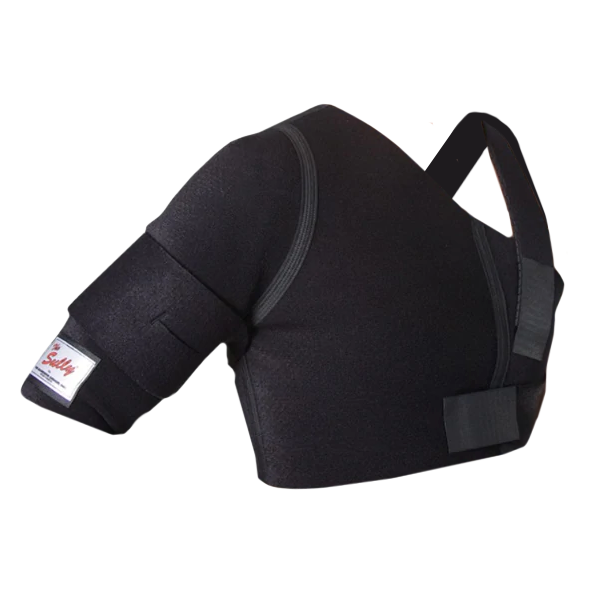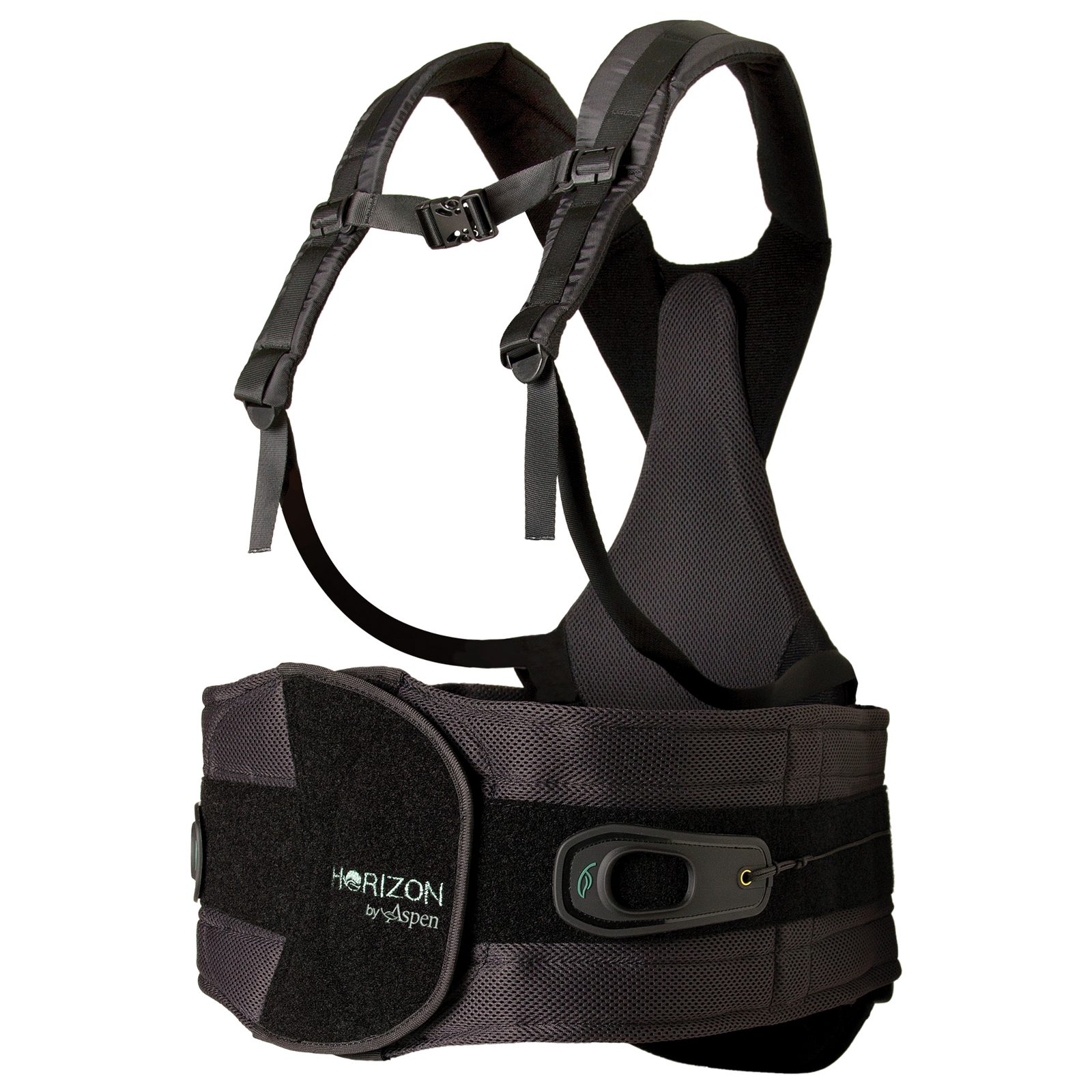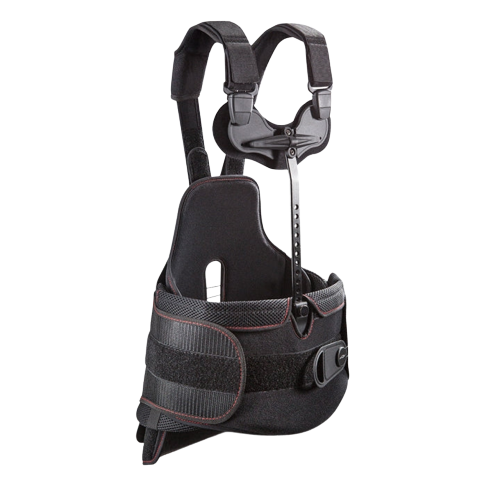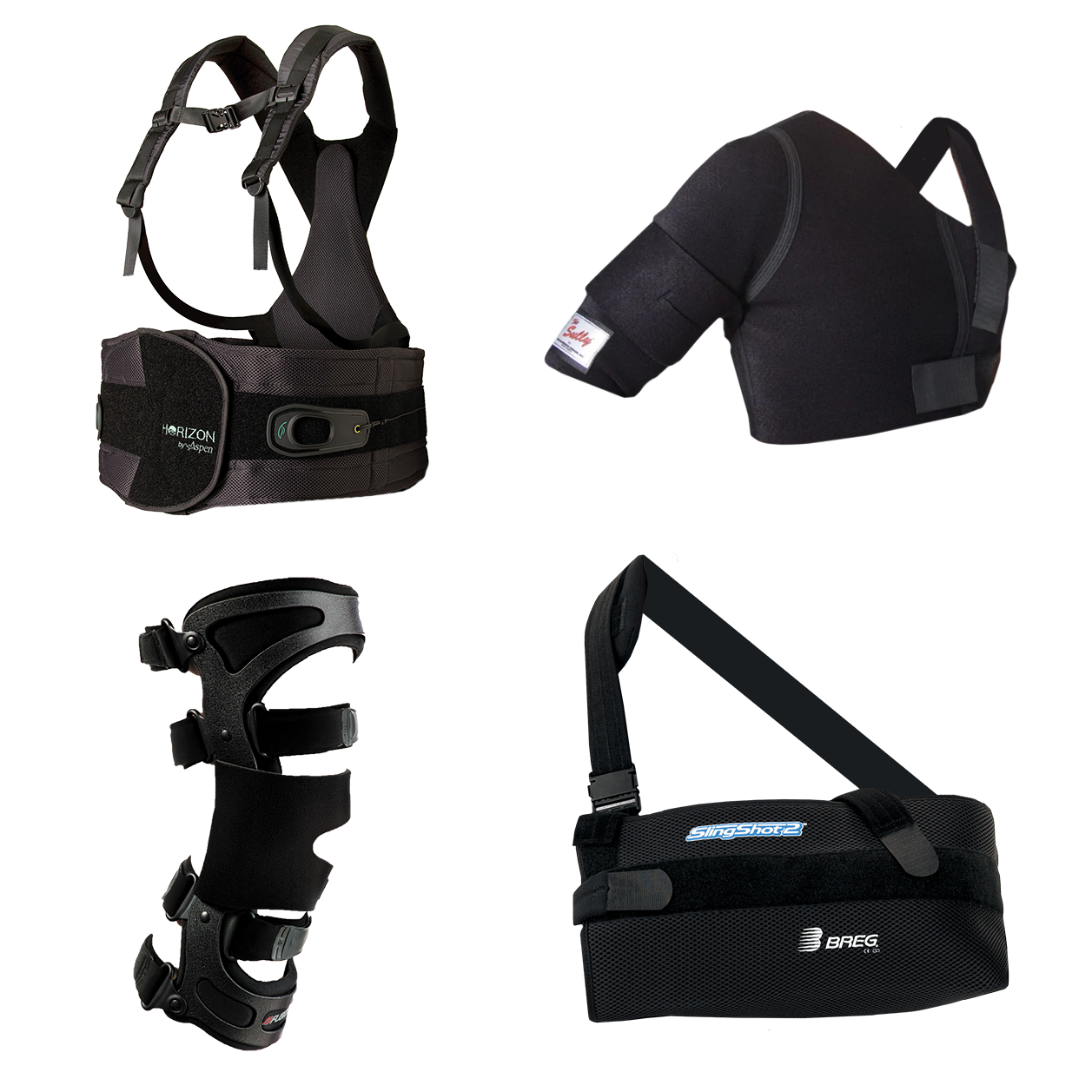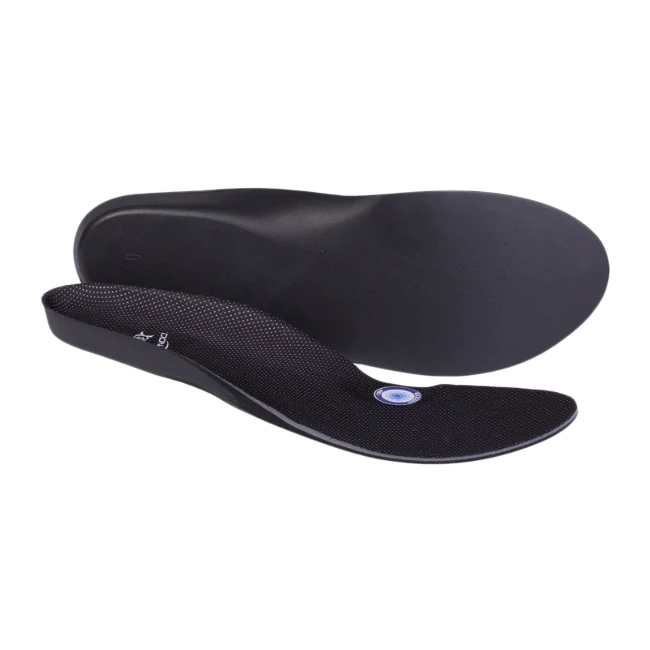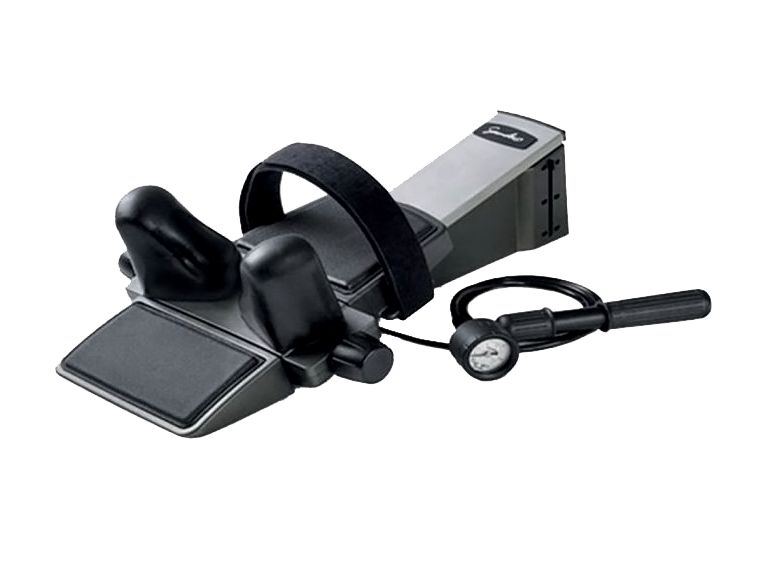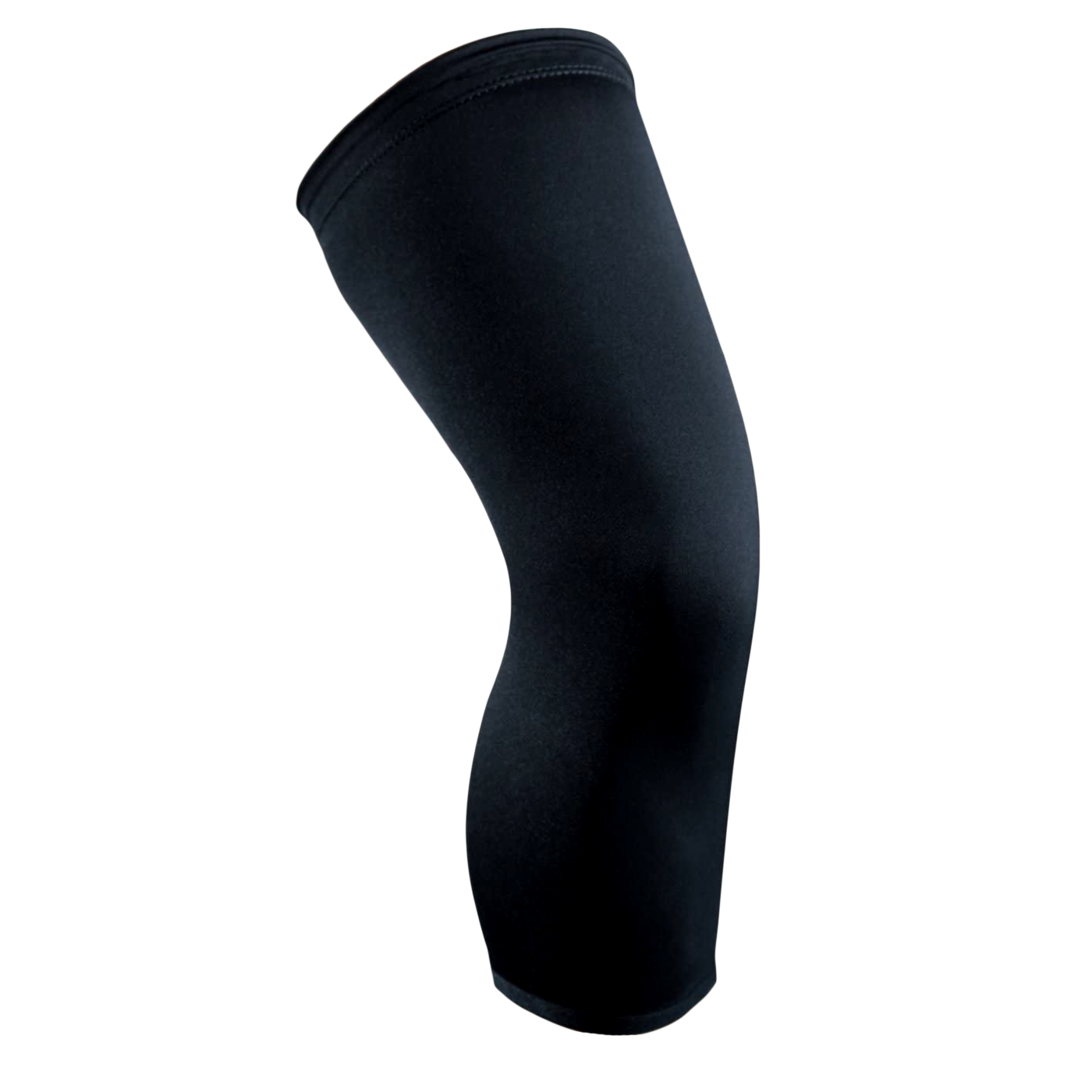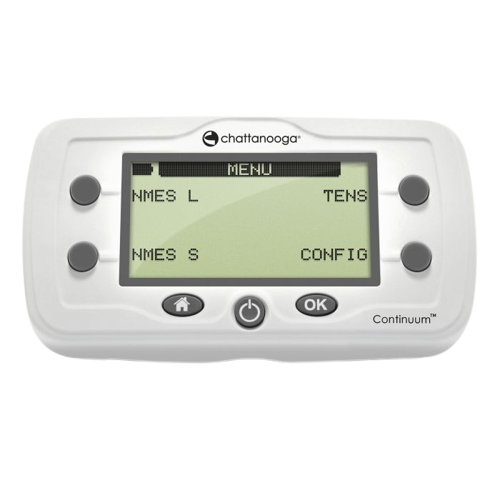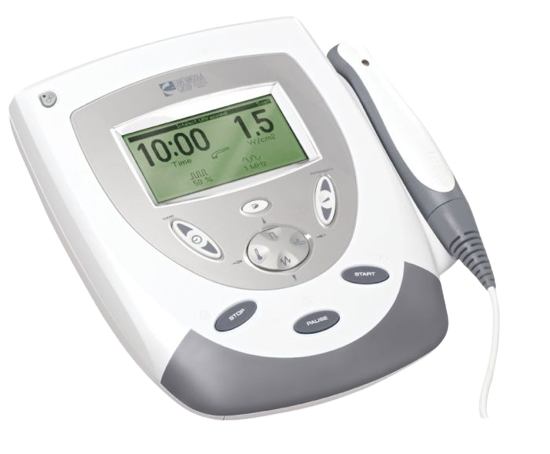
Key Takeaways:
- Why Do You Need A Shoulder Brace? Identify the primary purpose of needing a shoulder brace, such as pain relief, injury recovery, or preventive support, to choose the right compression sleeve.
- Consider Essential Features like adjustability, material, support, and ease of use to ensure effective and comfortable wear.
- Recognize Signs of a need for a shoulder brace, including persistent pain, weakness, post-injury, post-surgery recovery, and preventive measures for athletes.
It’s a critical step.
Finding the right support helps you move toward recovery and pain management in seeking optimal shoulder health. It could be a recent injury, chronic pain, or even a preventive measure to protect against future issues – the choice of a shoulder brace or compression sleeve can greatly influence your path to well-being.
At OrthoBracing, we understand the critical role of the correct support in providing relief and safeguarding against further damage.
In this article, we’ll demystify the process and outline the crucial features to look for in a shoulder brace or compression sleeve.
Common Causes Of Shoulder Pain
Shoulder pain can come from various sources, each affecting how we move, work, and even rest. Understanding the underlying causes of shoulder discomfort is key to selecting the best shoulder brace or compression sleeve that meets your needs. Here are several common causes:
-
Rotator Cuff Injuries: Perhaps the most well-known source of shoulder pain, rotator cuff injuries occur when the tendons in the rotator cuff become inflamed or torn. This can result from repetitive overhead activities, heavy lifting, or sudden injuries.
-
Tendinitis: Tendinitis in the shoulder is characterized by inflammation of the tendons, the thick cords that attach muscles to bone. This condition often arises from repetitive motion or overuse, such as rotator cuff injuries.
-
Bursitis: The shoulder contains small, fluid-filled sacs called bursae that reduce friction between moving parts in the joint. Overuse or repetitive movements can lead to inflammation of these bursae, known as bursitis, causing pain and restricted movement.
-
Frozen Shoulder: Also known as adhesive capsulitis, frozen shoulder is characterized by stiffness and pain in the shoulder joint. It typically develops gradually, worsens over time, and then eventually improves.
-
Arthritis: Osteoarthritis, rheumatoid arthritis, and other forms of arthritis can affect the shoulder joint, leading to pain, swelling, and decreased range of motion. This wear-and-tear injury is more common in older people but can be accelerated by chronic stress or injury to the shoulder.
- Fractures: Shoulder fractures involving the collarbone (clavicle), upper arm bone (humerus), and shoulder blade (scapula) can cause intense pain, swelling, and bruising around the shoulder. These injuries typically result from a fall or direct blow to the shoulder.
Signs You Need A Shoulder Brace: When To Seek Support
Identifying the right time to seek support for your shoulder can be crucial for recovery and overall health. Shoulder injuries can vary in severity, and the need for a brace or compression sleeve might not always be apparent. Here are some signs and situations where using a shoulder brace could be beneficial:
Persistent Pain Or Discomfort
If you experience ongoing shoulder pain that doesn’t improve with rest and traditional pain management techniques, it could be a sign that your shoulder needs additional support. Persistent pain is your body’s way of signaling that something is wrong. A shoulder brace or compression sleeve can offer the necessary support to alleviate pain and promote healing.
After A Shoulder Injury
Following an injury, such as a rotator cuff tear, dislocation, or sprain, using a shoulder brace can be critical in stabilizing the area and preventing further damage. Braces help to limit the range of motion, giving the shoulder the much-needed rest to recover properly.
Weakness In The Shoulder
If you’re experiencing weakness in the shoulder that affects your ability to carry out daily activities, it might indicate that your shoulder joints or muscles are under strain. A compression sleeve can provide the necessary support to strengthen the shoulder and reduce the risk of injury.
Post-Surgery Recovery
Post-operative recovery often involves wearing a shoulder brace to ensure the shoulder remains in the correct position, supports healing, and controls pain levels. Adhering to the recommended duration of use is vital for a successful recovery.
Preventative Measures
Athletes or individuals who engage in heavy lifting or repetitive shoulder motions might use a shoulder brace or compression sleeve as a preventative measure. These devices can help stabilize the shoulder, reduce the impact on the joint, and lower the risk of injuries.
How To Choose The Right Shoulder Compression Sleeve For Your Needs
A well-chosen compression sleeve can substantially aid in managing shoulder pain, support recuperation from injuries such as rotator cuff issues, and help prevent future damage. Here are essential aspects to consider to ensure you choose the right shoulder compression sleeve for your needs:
Purpose And Pain Relief
Identify the primary reason for needing a shoulder brace. Are you seeking general shoulder support during physical activities, recovery aid for an injury, or pain relief for a chronic condition? The intended purpose significantly influences the type of compression sleeve you should consider. For pain relief and recovery, look for sleeves with therapeutic compression levels that promote blood flow and reduce swelling.
Adjustability and Fit
A good shoulder brace should offer adjustability to accommodate different body sizes and shapes. Adjustable straps ensure a snug fit, essential for effective support and comfort. An ill-fitting brace can lead to discomfort and even worsen your condition. Try to find a sleeve that provides guidelines on measuring your shoulder to choose the right size.
Material And Comfort
Another critical factor is the material of a shoulder brace. Look for lightweight, breathable fabrics that wick moisture away from the body. This is particularly important if you wear the sleeve for extended periods. Additionally, consider how easy it is to put on and remove the brace, especially if you are recovering from an injury and have limited mobility.
Support and Durability
Evaluate the shoulder brace's level of support. Some designs are made for heavy-duty support, while others offer more flexibility. The right balance between support and mobility depends on your specific situation. Additionally, examine the durability of the material and construction. A high-quality shoulder brace should withstand regular use without losing shape or support capabilities.
Shoulder Brace vs. Compression Sleeve: Which Is Right For You?
Both shoulder braces and compression sleeves protect and stabilize the shoulder, yet they offer different benefits and are designed for various conditions. Understanding the distinction between a shoulder brace and a compression sleeve can help you make an informed decision that aligns with your needs.
Shoulder Braces
Shoulder braces provide a higher level of support and stabilization compared to compression sleeves. They’re typically used after a shoulder injury or surgery to immobilize the shoulder, limiting movement to promote healing and reducing the risk of re-injury. The best shoulder brace options come with adjustable straps and closures that allow for a custom fit, enabling you to control the level of compression and support. Some models also come with pockets for ice packs or heat pads to relieve pain and reduce inflammation.
Compression Sleeves
On the other hand, compression sleeves are designed for less severe conditions and are made from elastic fabric that snugly fits around the shoulder. They provide mild to moderate compression, which can help reduce swelling, enhance blood circulation, and mildly stabilize the shoulder muscles and joints. Compression sleeves are more flexible than shoulder braces, allowing for a greater range of motion making them suitable for use during physical activity or for chronic conditions such as mild arthritis or tendonitis.
Due to their breathable material and less restrictive design, compression sleeves are an excellent choice if you seek pain relief and support without the bulkiness of a traditional shoulder brace. They’re especially great for athletes or active individuals looking to prevent shoulder injuries or manage mild pain while continuing their activities.
Final Thoughts
In your quest to find the best shoulder brace compression sleeves, remember that the right choice can significantly impact your recovery journey. Focusing on core aspects like comfort, adjustability, durability, and support will help you select a product that aids in preventing further injuries. Always consider your specific needs — whether it's recovery from a rotator cuff injury or general shoulder pain relief — when making your selection.
OrthoBracing is committed to providing you with expert advice and tailored recommendations to ensure you find the perfect solution for your situation. With the right shoulder brace or compression sleeve, your rucuperation will be safer, keeping your well-being as the top priority.
Read also:
- Shoulder Immobilizer vs. Sling: What’s the Difference and Which is Right For You?
- How to Use Breg Polar Care Cube for Shoulder: Instructions for Effective Recovery
- How to Make a Shoulder Sling DIY
Frequently Asked Questions About The Best Shoulder Braces Compression Sleeves
Can shoulder braces help with shoulder instability?
Yes, shoulder braces are designed to offer support and stabilization for the shoulder joint, which can be beneficial for individuals experiencing shoulder instability. They work by limiting the range of motion in the shoulder, preventing movements that may lead to further injury or dislocation.
How do I determine the right size for a shoulder brace?
Choosing the right size for a shoulder brace is crucial for its effectiveness and comfort. Most manufacturers provide size charts that correspond to certain measurements, such as chest circumference or bicep size. It’s important to measure yourself accurately and consult these charts to ensure you select a size that fits well.
How tight should a shoulder brace be?
A shoulder brace should be tight enough to provide support and compression without restricting blood flow or causing discomfort. It should fit snugly around the shoulder and chest, but you should still be able to move freely and not experience any tingling or numbness. Adjustments should be made according to your comfort and the level of support required.
How long should I wear a shoulder brace each day?
The duration for wearing a shoulder brace varies depending on the individual’s condition and the advice of a healthcare provider. In general, wearing the brace during activities that could potentially put the shoulder at risk may be recommended. Some may benefit from wearing it for longer periods to aid recovery, but it’s important to follow professional advice tailored to your specific needs.
Can I wear a shoulder brace while sleeping?
It depends on your condition and the type of shoulder brace. Generally, it's best to consult with a healthcare professional before wearing a shoulder brace to bed. Some individuals may find it beneficial for maintaining shoulder stability at night, while for others, it might cause discomfort or restrict circulation.
How do I care for and clean my shoulder brace?
To maintain the quality and effectiveness of your shoulder brace, it’s important to follow the manufacturer’s instructions for care and cleaning. Most braces can be hand washed with mild soap and cool water. Avoid using hot water or high heat when drying as it can damage the brace’s material. Air drying is usually recommended to ensure the brace maintains its shape and elasticity.

